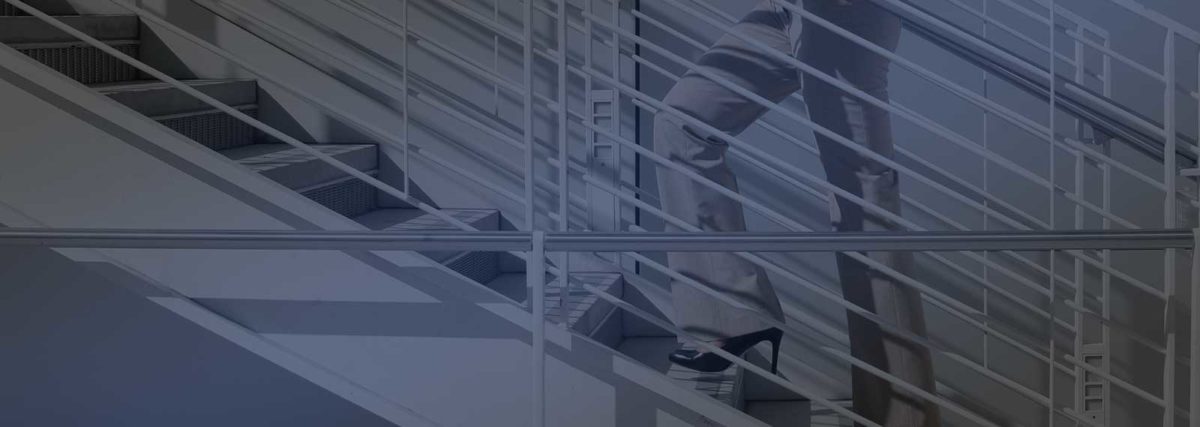- Free Consultation
- 630-960-4141

Premise Liability Lawyer In Illinois
Premises liability exists when a person is injured as a result of an unsafe condition which exists on the property another person or business. Generally, premises liability cases are based upon the negligence of the property owner. This means that the owners did not use reasonable, or sufficient, care in the maintenance of the property. Additionally, you must show that the property owner either created the unsafe condition, or knew or should have known about the condition and did not remedy the situation.
There are several types of premises liability cases, including slips on water, snow or ice (which existed because the owner failed to properly prevent them); defects on the property, such as cracks or breaks on the flooring; or inadequate maintenance of the property.
In the State of Illinois, people using property are either lawfully on the premises, or trespassers. Generally, we are discussing accidents involving persons lawfully on the property, which requires a showing of negligence on the part of the property owner. In contrast, a trespasser must show the failure on the part of the property owner was willful (as opposed to negligence).
To show that the property owner is liability, an injured person must show either that the property owner caused the condition (i.e. spilled was on the floor); the property owner knew of the defective condition (i.e. the spill on the floor) and did not correct the condition; or the property owner should have known of the condition and failed to monitor his property to find such conditions.
The injured person must show also be able to identify the condition that caused him or her to fall, or otherwise injury himself or herself, establish that the condition caused, or led to the injuries, as well as the extent of the injuries suffered.

